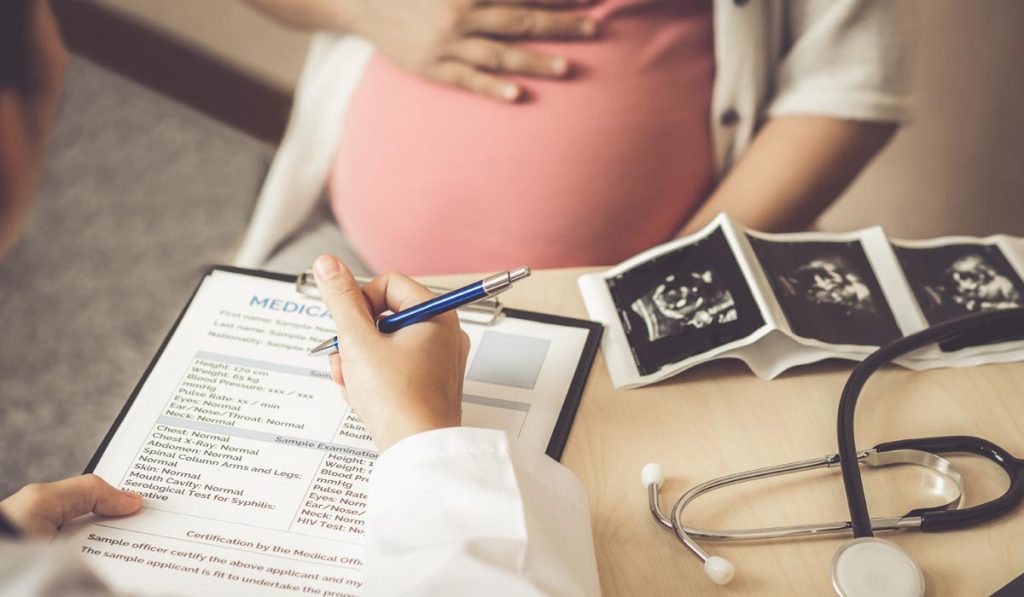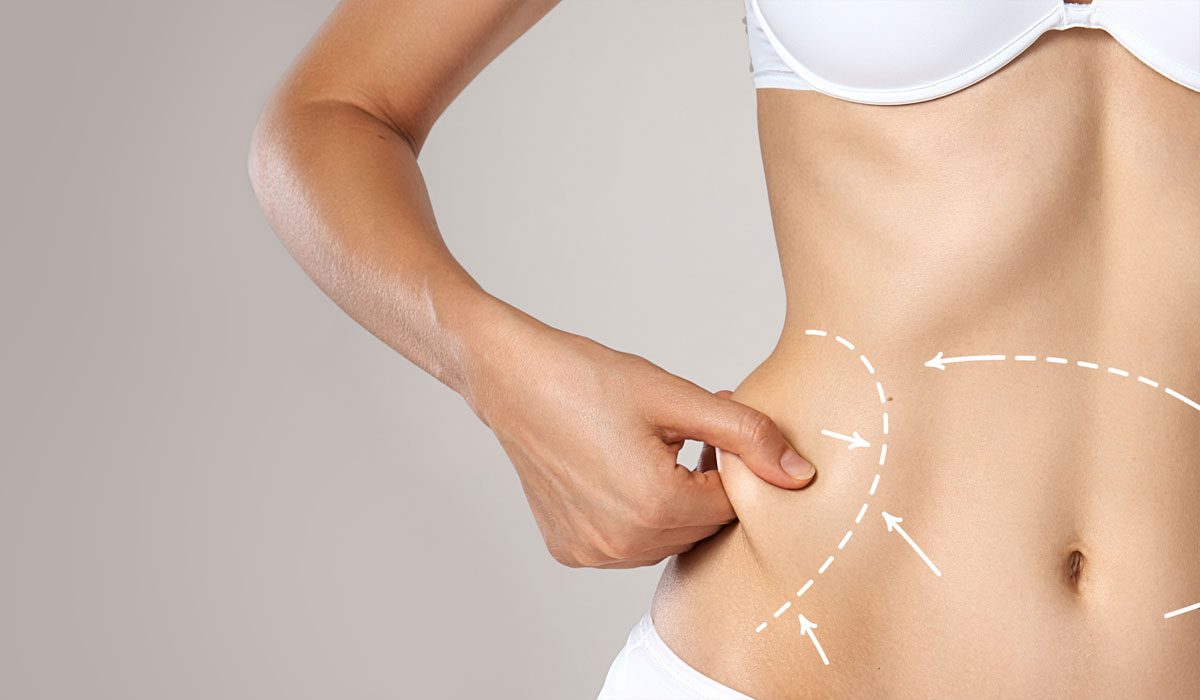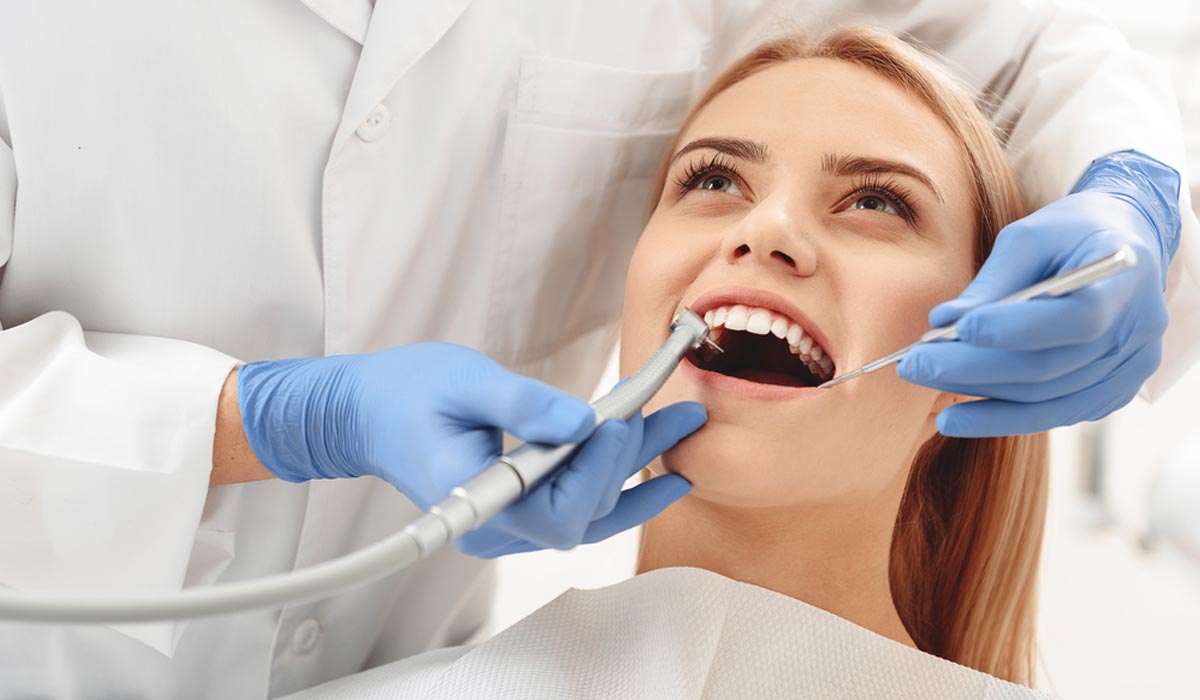High-Risk Pregnancy
The ‘good’ news can turn nightmarish if you get diagnosed with a high-risk pregnancy. Upfront – your world may start to crumble, and no would-be mom wants to hear these two words.
Thankfully, you can still proceed with the pregnancy and deliver a healthy child, provided you make some fast and effective choices. One of the first decisions is consulting with a medical specialist who can guide you bountifully. The doctor will assess your condition, recommend specific tests, advise medications, and some lifestyle changes.
Let’s discover the intricate details of high-risk pregnancy and how to deal with it.
What is termed a high-risk pregnancy?
High-risk pregnancies are the ones where there is a risk to the mother, fetus, or both. The risks arise from potential complications. It could, in turn, affect the health of the newborn or the mother, could result in a miscarriage or a preterm delivery. However, working with an expert can help manage the issues and keep them under control.
High-risk pregnancy risk factors
Age
The mother’s age could be a common factor as per medical terminology. Usually, girls till the age of 17 and women above the age of 40 are at a greater risk of developing complications. The stakes could involve ectopic pregnancy, miscarriage, and genetic-related diseases.
The British Medical Journal conducted a study that proved that women above 45 are at more significant risks of miscarriages. It covered about six hundred thousand women in Denmark who were pregnant between 1978 and 1992. While the risk of miscarriage in women in their mid-twenties was only 7%, it was 75% for women aged 45 years and above.
Maternal Lifestyle choices
The mother’s lifestyle can impact her gestation. Women who consume alcohol, illegal drugs, or smoke are at higher risks of developing complications when pregnant.
The medical condition of the mother
The medical history of the mother has a significant bearing on the pregnancy. Healthy and medically fit mothers usually have smooth and normal gestation. Some mothers, however, are not so fortunate; they have pre-existing medical issues, and a few may develop new ones during their pregnancy. These conditions can lead to high-risk pregnancy.
Conditions before pregnancy
The risks increase if the mother is suffering from the following ailments:
- Diabetes
- High Blood Pressure
- Heart problems
- Lung diseases
- Kidney diseases
- Mental issues like depression
- Autoimmune conditions
- Thyroid
- Asthma
- Epilepsy
- Sexually Transmitted Diseases like HIV
- Overweight or Obesity
- Underweight
- Issues in previous pregnancies
- A history of miscarriage
- History of the genetic problems in the maternal or paternal family
Health conditions during pregnancy
Mothers who are healthy before pregnancy can develop complications during their term. These are:
- Gestational Diabetes – This diabetes develops during pregnancy and goes away after childbirth. It could sometimes lead to hypertension or Type 2 Diabetes in mothers.
- Preeclampsia – Mothers having preeclampsia have high blood pressure, swelling of the skin, and increased protein levels in the urine. Sometimes, the would-be mom develops liver-related abnormalities too. A specialist will maintain consistent monitoring to reduce risks during childbirth.
- Depression – Due to hormonal changes, stress, or absence of family support often leads pregnant women to depression. Things can get quite complicated, from preterm delivery to miscarriage to low birth weight.
- Hypertension
Pregnancy-related complications
Sometimes the risk does not arise because of the mother’s health. It is more to do with issues related to pregnancy, per se. Some of the conditions include:
- Abnormal position of the placenta or Placenta previa
- Rh sensitization
- Preterm or premature labor.
- Carrying twins, triplets, or multiple births.
- Fetal growth restriction.
- Structural or development problems of the fetus.
Ascertaining the condition of the fetus in a high-risk pregnancy
The doctor will recommend the following tests to confirm if the pregnancy is risky or not:
- A Biophysical Profile, or BPP, is recommended for women with high-risk pregnancies after the 28th week of pregnancy. The test consists of two parts: an ultrasonic test and a nonstress test. The nonstress test is used to evaluate the health of the fetus. Ultrasound reports provide information to the doctor regarding fetal movements, respiration, tone, and amniotic fluid content.
- cfDNA, or Cell-free DNA (Prenatal), is a technique in which the DNA of the fetus is assessed and analyzed in-depth using maternal blood.
- Lab tests involve urine and blood tests to screen against urine infections, STDs, etc.
- Ultrasound is used for measuring cervical length to understand the chances of preterm labor.
- Amniocentesis is a procedure in which amniotic fluid is analyzed to detect spine and brain abnormalities. Chorionic villus sampling can be advised in which cells from the placenta are tested to identify genetic issues.


Managing high-risk pregnancy
Medical help
- Scheduling an appointment with a specialist is the most crucial task. The doctor will assess the mother’s pre-existing and current health condition to suggest the way forward. A maternal-fetal medicine doctor or a perinatologist will help manage the pregnancy.
- Folic acid (400g) would be started for the mother before getting pregnant and continue throughout the pregnancy.
- Relevant immunization doses will be suggested to the mother.
- Medication to manage diabetes, hypertension, depression, and other diseases will be advised.
Personal care
- Expectant moms must abstain from smoking, drinking alcohol, and using illicit substances.
- Physical activity must be carried out regularly unless recommended otherwise by a doctor.
- Maintaining a healthy weight.
- Eating healthful foods and adhering to the dietician’s diet recommendations.
- Consistent monitoring of blood sugar levels.
- No over-the-counter medications must be taken unless prescribed by a doctor.
- Assuring that doctor’s visits are not missed or postponed.
Things to take care
High-risk pregnancies do not always mean that there would be issues during childbirth or pregnancy. With the help of an expert health care provider, most of the potential complications can be addressed effectively. Besides ensuring consistent medical support and personal care, would-be-moms need to look out for these signals and contact their doctor at the earliest:
- Decrease in fetal movement or activity.
- Bleeding or discharge from the vagina.
- Cramps and pains in the lower abdomen.
- Severe headache accompanied with chills, fever.
- Persistent pukish feeling.
- Swelling in hands, fingers, or face.
- Burning sensation while urinating
- Dizziness
- Experiencing blurred vision all of a sudden or any other sight-related changes
- Persistent thoughts of hurting self or the baby.
Handling high-risk pregnancies – what else to do?
High-risk pregnancies are associated with multiple factors. If you are planning pregnancy and believe there could be potential complications, it is best to seek preconception counseling. If you are pregnant and there are indications of complexity, you need to be very open with your doctor.
It is essential to make changes to your lifestyle and have a reliable support system at home. If not, you can join a regional high-risk pregnancy group. Ensure to keep a distance from stressful factors and toxic situations. If you cannot deal with stress or are undergoing emotional upheaval, speak to your doctor immediately. You can try meditation or enroll in a yoga class. Keep your health care provider informed of all developments.
Why 7DMC?
Our seasoned experts at the 7DMC Obstetrics & Gynecology Clinic will offer professional guidance to tackle all issues before, during and post-pregnancy. Our team will help you experience the joys of motherhood safely and optimally with the latest equipment!
References
https://www.mayoclinic.org/healthy-lifestyle/pregnancy-week-by-week/in-depth/high-risk-pregnancy/art-20047012
https://www.webmd.com/baby/managing-a-high-risk-pregnancy#1
https://www.hopkinsmedicine.org/health/conditions-and-diseases/staying-healthy-during-pregnancy/high-risk-pregnancy-what-you-need-to-know
- CATEGORIES : Obstetrics and Gynecology




